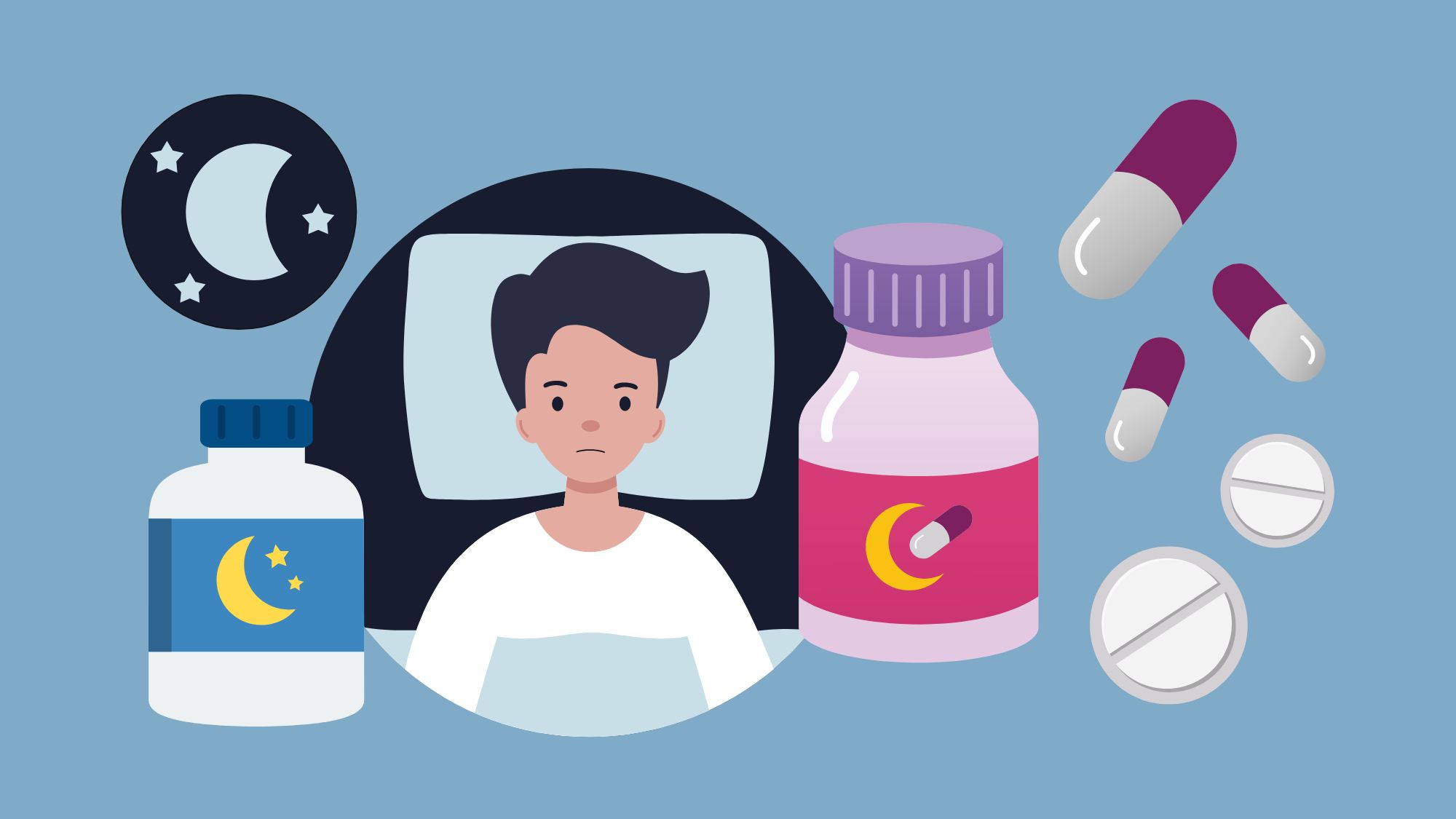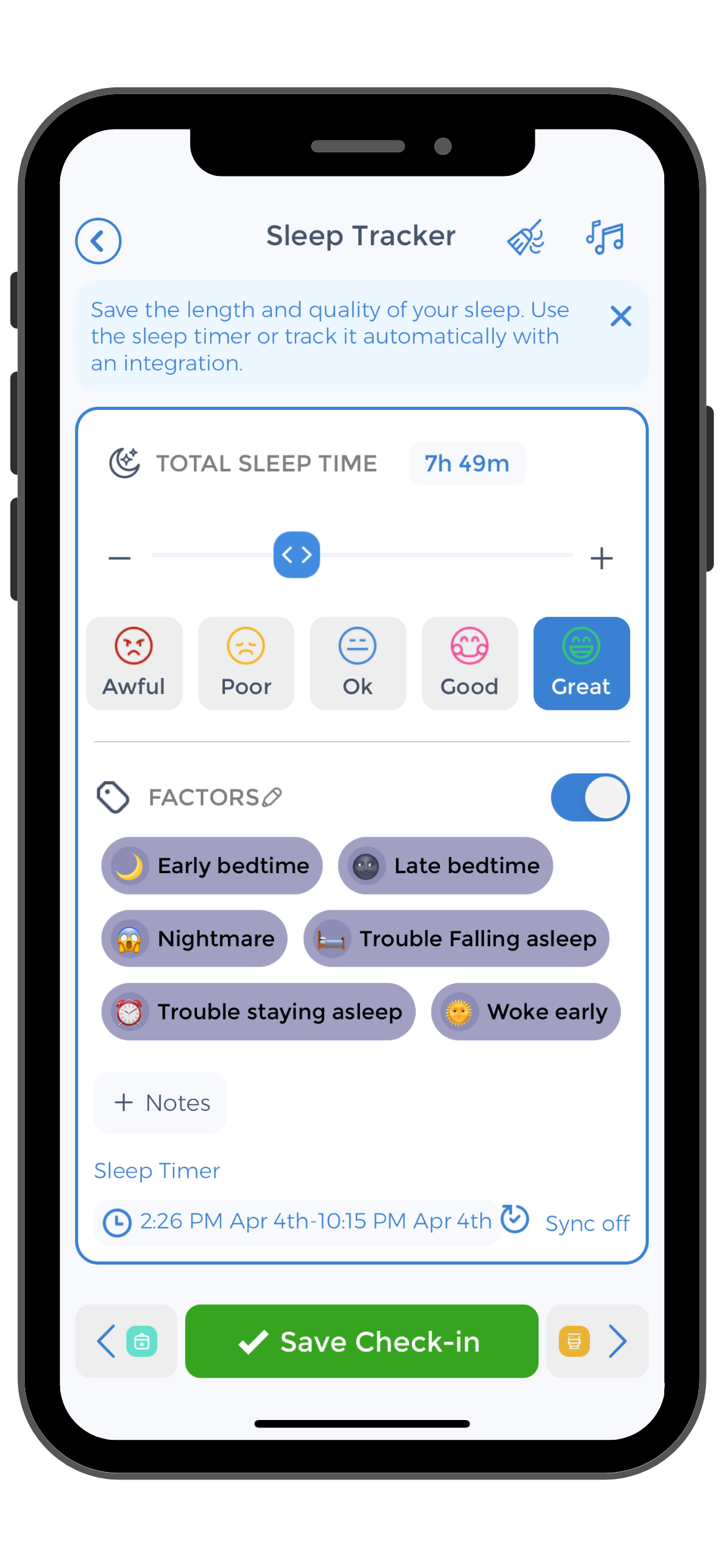
In today’s fast-paced world, getting a good night’s sleep and finding relief from anxiety can often be challenging. Thankfully, there are medications like gabapentin that have shown promise in helping with these issues. Learn the right gabapentin dose for sleep and anxiety.
In this comprehensive guide, we will explore how gabapentin works, its role in promoting better sleep, its effectiveness in managing anxiety, potential side effects, and important considerations when taking this medication.
Understanding Gabapentin
What is Gabapentin?
Gabapentin is a prescription medication that is primarily used to treat seizures and nerve pain. It belongs to a class of drugs known as anticonvulsants or antiepileptics. However, it has also been found to be effective in addressing sleep disorder and anxiety symptoms.
When it comes to seizures, Gabapentin is often used as an adjunctive therapy in the treatment of partial seizures. It can help control seizures by stabilizing electrical activity in the brain. In terms of nerve pain, Gabapentin is commonly prescribed for conditions such as diabetic neuropathy, postherpetic neuralgia (pain following shingles), and fibromyalgia.
How Does Gabapentin Work?
Gabapentin works by binding to certain receptors in the brain, specifically the alpha-2-delta subunit of voltage-gated calcium channels. By doing so, it modulates the activity of these channels, which helps in reducing excessive neuronal excitability. This mechanism of action is believed to contribute to its anticonvulsant, analgesic, and anxiolytic effects.
Moreover, Gabapentin is known to increase the levels of gamma-aminobutyric acid (GABA) in the brain. GABA is a neurotransmitter that plays a key role in calming the nervous system. By enhancing GABA levels, Gabapentin can further help in reducing anxiety and promoting relaxation.[1][2]
Gabapentin for Sleep
The Role of Gabapentin in Sleep Regulation
Sleep disturbance can significantly impact our overall health and well-being. Gabapentin has been studied for its potential in regulating sleep patterns and improving sleep quality. Research suggests that gabapentin may increase slow-wave sleep, which is the deep restorative sleep that we need for optimal functioning.
Furthermore, gabapentin’s mechanism of action involves modulating the activity of certain neurotransmitters in the brain, such as gamma-aminobutyric acid (GABA). By enhancing GABA levels, gabapentin can promote relaxation and reduce neuronal excitability, contributing to its potential effectiveness in improving sleep architecture.
Determining the Right Dose for Sleep
 When it comes to using gabapentin for sleep, finding the right dose is crucial. It’s important to consult with a healthcare professional who can evaluate your individual needs and suggest the appropriate dosage. Generally, a low to moderate dose of gabapentin is prescribed for sleep-related issues. The initial starting dose is typically around 300-600 mg, taken about an hour before bedtime. However, the exact dose may vary depending on factors such as the severity of sleep disturbances and individual responsiveness to the medication.
When it comes to using gabapentin for sleep, finding the right dose is crucial. It’s important to consult with a healthcare professional who can evaluate your individual needs and suggest the appropriate dosage. Generally, a low to moderate dose of gabapentin is prescribed for sleep-related issues. The initial starting dose is typically around 300-600 mg, taken about an hour before bedtime. However, the exact dose may vary depending on factors such as the severity of sleep disturbances and individual responsiveness to the medication.
Moreover, it is essential to consider potential side effects and interactions with other medications when determining the optimal dose of gabapentin for sleep. Common side effects of gabapentin may include dizziness, drowsiness, and coordination problems. It is crucial to report any adverse effects to your healthcare provider to ensure safe and effective use of the medication.
It’s worth highlighting that when considering self-care options, it is important to track your symptoms and treatments. One way to do this is by using the CareClinic mobile app, which allows you to easily log your symptoms, medications, and treatment outcomes. With the app’s user-friendly interface, you can monitor your progress, identify any patterns, and share the information with your healthcare provider for more informed decision-making.[3][4][5][6]
Gabapentin for Anxiety
Gabapentin’s Effect on Anxiety Disorders
Anxiety can be debilitating and have a significant impact on our daily lives. Gabapentin has shown promise in reducing anxiety symptoms in various conditions, including generalized anxiety disorder and social anxiety disorder. It works by modulating the release of certain neurotransmitters in the brain that are involved in anxiety regulation.
Finding the Right Gabapentin Dosage for Anxiety
When using gabapentin for anxiety, finding the right dosage is essential. It’s important to work closely with a healthcare professional who can determine the appropriate dose based on your specific situation.
How Much Gabapentin Dosage is Recommended for Treatment Effects?
The dosage may vary depending on the severity of anxiety symptoms and any other underlying conditions you may have. Generally, gabapentin is started at a low dose and gradually increased until the desired effect is achieved. The dosage range for anxiety disorders can range from 300 mg to 1800 mg per day, divided into multiple doses.
In addition to medication, self-care techniques can also play a crucial role in managing anxiety.
Here are some self-care strategies you can incorporate into your routine:
- Practice relaxation techniques such as deep breathing exercises and mindfulness meditation. This practice help improve sleep efficiency to treat insomnia in normal adults.
- Engage in regular physical exercise, as it promotes the release of endorphins which can help elevate mood and reduce anxiety.
- Ensure you are getting adequate deep sleep, as lack of sleep can exacerbate anxiety symptoms.
- Consider counseling or therapy, such as cognitive-behavioral therapy (CBT), to learn effective coping mechanisms and address underlying issues contributing to anxiety.
- Explore stress-reducing activities like yoga, journaling, or engaging in hobbies that bring you joy.
- Strictly avoid the practice of self-diagnosis and alcohol dependence to treat insomnia. As that may cause an increase in insomnia severity index and restless legs syndrome.
By integrating these self-care practices into your daily life, in combination with the appropriate medication as prescribed by a healthcare professional, you can take proactive steps towards managing anxiety effectively.
Treatment Effects of Gabapentin
It’s important to note that while gabapentin has shown promise in reducing anxiety symptoms, it may not be suitable for everyone. As with any medication, there can be potential side effects, and individual responses may vary. It’s crucial to have open and honest communication with your healthcare provider to ensure that gabapentin is the right choice for you.
Furthermore, it’s worth mentioning that gabapentin is primarily used as an anticonvulsant and for the management of neuropathic pain. Its effectiveness in treating anxiety disorders is still being studied, and more research is needed to understand its mechanisms of action and long-term effects fully. However, the current evidence suggests that gabapentin can be a valuable option for individuals struggling with anxiety.
Gabapentin holds promise as a treatment option for anxiety disorders. When used in conjunction with self-care techniques and under the guidance of a healthcare professional, it can help individuals manage their anxiety symptoms and improve their overall well-being. Remember, everyone’s journey with anxiety is unique, and finding the right approach may require some trial and error. With patience and support, you can take steps towards a happier and more anxiety-free life.[7][8][9]
Potential Side Effects of Gabapentin
Common Side Effects
As with any medication, gabapentin may have some common side effects. These can include drowsiness, dizziness, fatigue, and coordination difficulties. While these side effects are generally mild and temporary, it’s important to be aware of them, especially when starting gabapentin or adjusting the dosage.
It is worth noting that common side effects like drowsiness and dizziness often diminish over time as the body adjusts to the medication. Patients are advised to avoid driving or operating heavy machinery until they know how gabapentin affects them personally.
Serious Side Effects to Watch Out For: Treating Insomnia
Although rare, sleep medicines like sleep gabapentin can also have serious side effects that require immediate medical attention. These may include severe dizziness, difficulty breathing, rash, and swelling of the face, lips, tongue, or throat. If you experience any of these symptoms, seek medical help right away.
Gabapentin can interact with certain medications, so it is important to inform your healthcare provider about any other drugs you are taking. Specifically, gabapentin may interact with opioids, antacids containing aluminum or magnesium, and other medications that cause drowsiness. Understanding potential drug interactions is crucial for your safety and the effectiveness of the medication.
The interaction between gabapentin and opioids can increase the risk of respiratory depression, a potentially life-threatening condition. This underscores the importance of close monitoring by healthcare professionals when these medications are used concomitantly. Additionally, antacids containing aluminum or magnesium can reduce the absorption of gabapentin in the body, potentially leading to decreased effectiveness of the medication.
Precautions When Taking Gabapentin
 When taking gabapentin, it is essential to follow your healthcare provider’s instructions carefully. Do not abruptly stop taking gabapentin without consulting your doctor, as this can lead to withdrawal symptoms or a rebound increase in seizures or anxiety. If you are pregnant or planning to become pregnant, notify your healthcare provider, as gabapentin may pose risks to the developing fetus.
When taking gabapentin, it is essential to follow your healthcare provider’s instructions carefully. Do not abruptly stop taking gabapentin without consulting your doctor, as this can lead to withdrawal symptoms or a rebound increase in seizures or anxiety. If you are pregnant or planning to become pregnant, notify your healthcare provider, as gabapentin may pose risks to the developing fetus.
Individuals with a history of substance abuse should use gabapentin with caution, as it has the potential for misuse and addiction. It is crucial to have open and honest discussions with your healthcare provider about any past or current substance use to ensure safe and effective use.
Gabapentin can be an effective treatment option for sleep disturbances and anxiety disorders. However, it is vital to work closely with a healthcare professional to determine the appropriate dosage and monitor potential side effects. Incorporating self-care strategies and utilizing helpful tools like the CareClinic app to track your progress can optimize your journey toward better sleep and reduced anxiety.
Use the CareClinic App to Manage Slow Wave Sleep and Other Sleep Disorders
Take control of your sleep and anxiety management with the CareClinic App, designed to help you monitor your gabapentin treatment and its effects on your well-being. By logging your medication intake, sleep patterns, and anxiety levels, the app provides valuable insights that can be shared with your healthcare provider for personalized care.
The CareClinic App’s reminder feature ensures you take your medication as prescribed, while the symptom tracker helps identify correlations between your treatment and changes in your condition.
Download the CareClinic App to Track Primary Insomnia and Sleep Disturbance
Experience the benefits of having a comprehensive health diary at your fingertips. The CareClinic App’s reporting tools allow you to review your progress over time, making it easier to adjust your treatment plan for optimal results. Do not let sleep disturbances or anxiety control your life any longer. Install the CareClinic App today and begin your journey toward improved health outcomes.
References
- “Gabapentin: a Ca2+ channel alpha 2-delta ligand far beyond epilepsy therapy”. https://pubmed.ncbi.nlm.nih.gov/18548137/
- “Mechanisms of the gabapentinoids and α 2 δ‐1 calcium channel subunit in neuropathic pain – PMC”. https://pmc.ncbi.nlm.nih.gov/articles/PMC4804325/
- “Gabapentin increases slow-wave sleep in normal adults – PubMed”. https://pubmed.ncbi.nlm.nih.gov/12460250/
- “Effects of gabapentin on slow‐wave sleep period in critically ill adult patients: A randomized controlled trial – PMC”. https://pmc.ncbi.nlm.nih.gov/articles/PMC11130453/
- “Treatment effects of gabapentin for primary insomnia – PubMed”. https://pubmed.ncbi.nlm.nih.gov/20124884/
- “Gabapentin for sleep: Efficacy, dosage, and risks | SingleCare”. https://www.singlecare.com/blog/gabapentin-for-sleep/
- “Gabapentin Therapy in Psychiatric Disorders: A Systematic Review – PMC”. https://pmc.ncbi.nlm.nih.gov/articles/PMC4732322/
- “Treatment of social phobia with gabapentin: a placebo-controlled study – PubMed”. https://pubmed.ncbi.nlm.nih.gov/10440462/
- “Placebo-controlled study of gabapentin treatment of panic disorder – PubMed”. https://pubmed.ncbi.nlm.nih.gov/10917408/
- “Neurontin side effects: How do I manage them? – Mayo Clinic”. https://www.akamai.mayoclinic.org/diseases-conditions/epilepsy/expert-answers/neurontin-side-effects/faq-20057893


